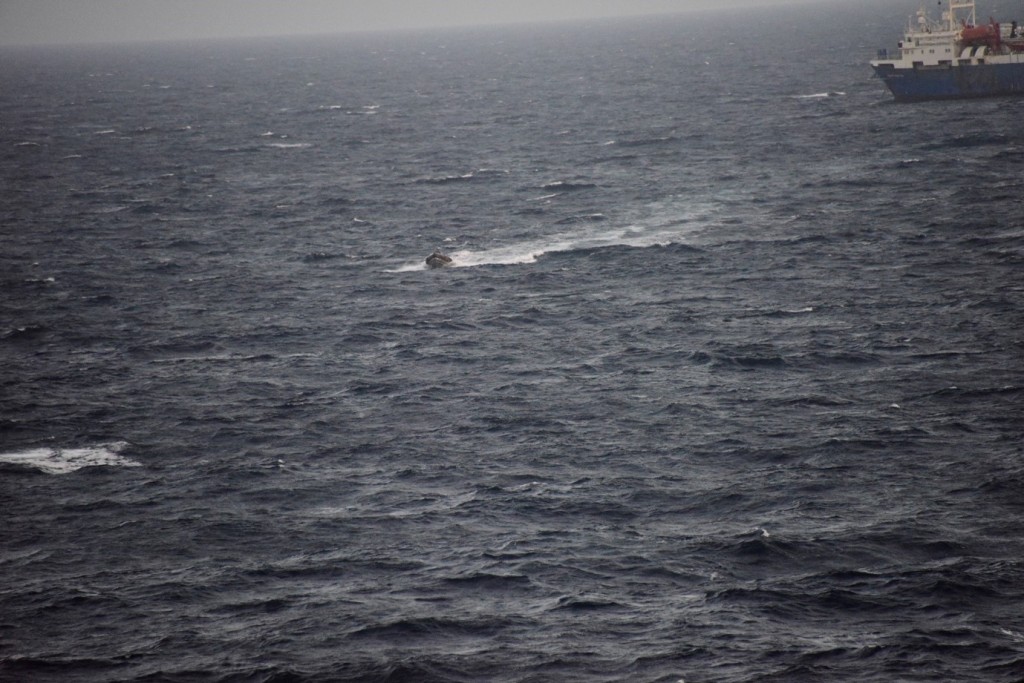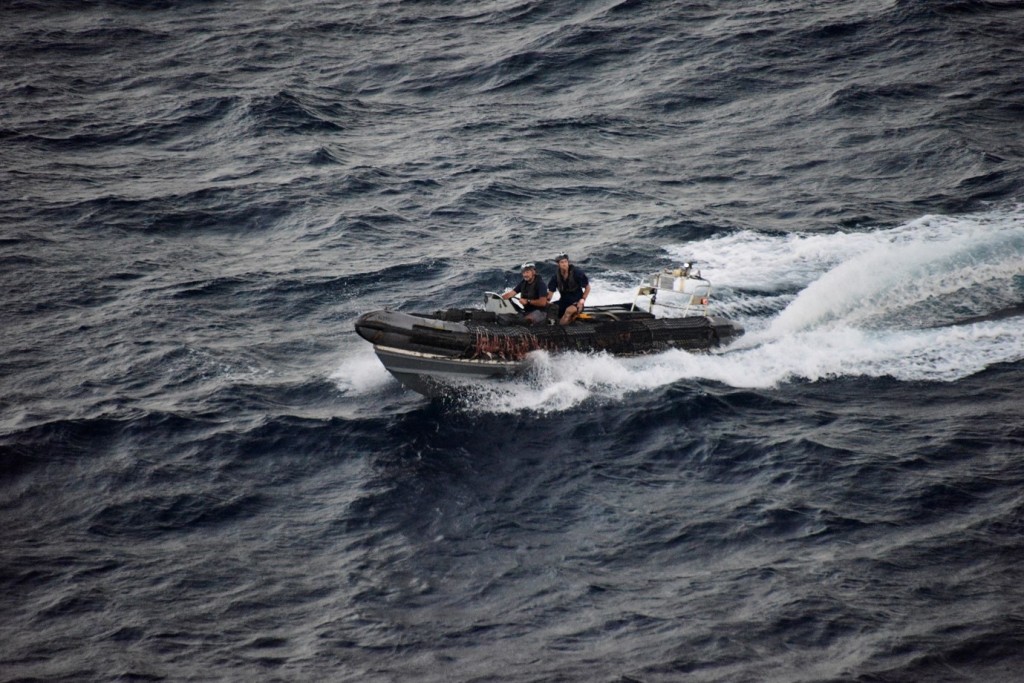A review of a book by Matthew Campbell and Kit Chellel Atlantic 2022
On 28 November 2018 we were on a cruise en route from Aqaba to Oman on the Red Sea. In the later afternoon our cruise ship slowed and on the port quarter was a smaller ship that dispatched an inflatable in our direction. Yes we were in dangerous waters where the presence of pirates were well known. But those approaching our ship were anything but pirates. Rather they were a protection group. The members of the group had boarded in Jordan. What was being loaded at this point was their hardware that they could neither possess not load in Jordan. There were some serious looking and rather large Pelican containers that were loaded aboard. One can only speculate exactly what they contained although it would clearly be lethal. This was a protection group who would “discourage” the unwelcome attentions of pirates should the appear on the horizon. The pirates made no appearance but I gather that our protection crew carefully scanned the horizon as we transited these dangerous waters.


All this came back to me in August 2023 as I read the extraordinary story of the Brilliante Virtuoso, a large oil tanker that in July 2011 was drifting in the Gulf of Aden. It was boarded by a group of armed men and was set ablaze after a devastating explosion. This was unusual. Hijacked ships and their crews were usually taken for ransom. Destroying a ship with $100 million worth of oil aboard was unthinkable.
The ship didn’t sink. It was salvaged by a company based in Yemen and was examined by David Mockett, a maritime surveyor working for the insurers Lloyds of London. Mockett was puzzled by what he found, including what appeared to be evidence of a bomb place in the engine room. But within a few days he was murdered when a bomb exploded in his car.
This book tells the story of the investigations that followed upon the death of Mockett (still an unsolved crime) the complex nature of international shipping, the even more byzantine world of shipping insurance (I thought I knew a bit about that given that the law firm in which I practice 34 years ago acted for maritime insurers – how wrong I was) and the intricacies around sheeting home responsibility for loss, whether or not to pursue those involved in fraud, the realities of litigation over insurance claims and the many layered nature of shifting responsibilities and liabilities for loss.
The authors describe the background of the players in some detail. The Insurance business comes under examination.
“The first thing to know about Lloyd’s,” they write, “is that it doesn’t, in fact, sell insurance, and it never has. The name instead refers to an umbrella organization for hundreds of ‘members’ — a mix of corporations and wealthy individuals — who actually provide policies, which are then said to have been sold at Lloyd’s.”
Lloyd’s is one of those global organizations that undergird modern life, providing liability insurance for everything from airlines to zoos. It functions like a gigantic shock absorber, or, rather, risk absorber. To ensure that no one member is saddled with catastrophic loss, the liability is spread broadly enough that members trade in it the way investors trade in stocks and bonds. Everything about this business is bewilderingly complex, by design.
“Shipowners and a fleet of enablers, most of them in London, have spent a half century making their world harder to understand, hiding maritime tycoons’ true identities — and their tax and regulatory obligations — within nesting dolls of shell companies.”
So it is hard enough to figure out who owns a vessel, much less who should foot the bill if it founders.
In addition the authors recount the way in which the shipping industry – a vital lifeline in the area of international commerce – works. Although the presence of Stavros Niarchos and Aristotle Onassis in the sixties and seventies epitomised Greek shipping magnates, who would have thought that Greek interests controlled international shipping to such a degree.
Brilliante’s owner was a colorful Greek magnate named Marios Iliopoulos, who was found to have staged the hijacking and destruction of his own vessel – and, it is suggested – not the first time.
The authors paint a vivid portrait of the man, who races cars under the name “Super Mario” and who terrorized a British courtroom after he was briefly detained and questioned in London
“with the swagger of a professional wrestler approaching the ring, his unshaven features twisted into a scowl, arms swinging by his sides, untucked shirt over an ample stomach.”
The real heroes of the story are two tenacious British investigators – former members of the Met, Richard Veale and Michael Conner who brought their police experience to bear in tracking down witnesses not only from the crew of Brilliante but also a critical witness who was a member of the salvage team and who was able to give a detailed account of what happened. His evidence was accompanied by threats and fear of reprisal from unnamed sources.
Although the insurance fraud is uncovered, despite the machinations of the various lawyers involved who seemed to treat the investigation as some sort of power play the ending is inconclusive as far as finding Mockett’s killer is concerned. Given the raging civil war in Yemen and the difficulty of working through local officials in Aden, the detectives can’t find who ordered the hit on Mockett, although the facts point in a clear direction. And while the detectives assemble enough witnesses and evidence to prove that Iliopoulos orchestrated the “hijacking,” astonishingly, he escapes not only criminal but financial consequences.
“In the confusing netherworld of insurance law, the owner of a wrecked ship wasn’t the only one who could pursue compensation from Lloyd’s. Instead, an owner’s claim could be ‘assigned’ to another entity that had suffered a loss when the vessel was destroyed.”
The authors conclude that the shipowner came out “at least, tens of millions of dollars better off.”
The tale is told as very long form piece of journalism and is well-paced and told in gripping style. The world of international shipping and insurance is esoteric and at times mysterious but the authors drill down below the surface, telling of the origins of Lloyds, how it works and the intricacies of marine insurance. They take the reader to the wharves of Piraeus and examine the development of Greek shipping companies and how they operate.
The book is an expertly constructed crime thriller—the sort of work of narrative nonfiction that seems destined for a film adaptation. It is also an unexpected case study in the way that fraud has permeated the global economy, undermining democratic governance by both feeding off and facilitating government corruption.
And as I read it I thought of those security men who came alongside Nautica in November 2018.